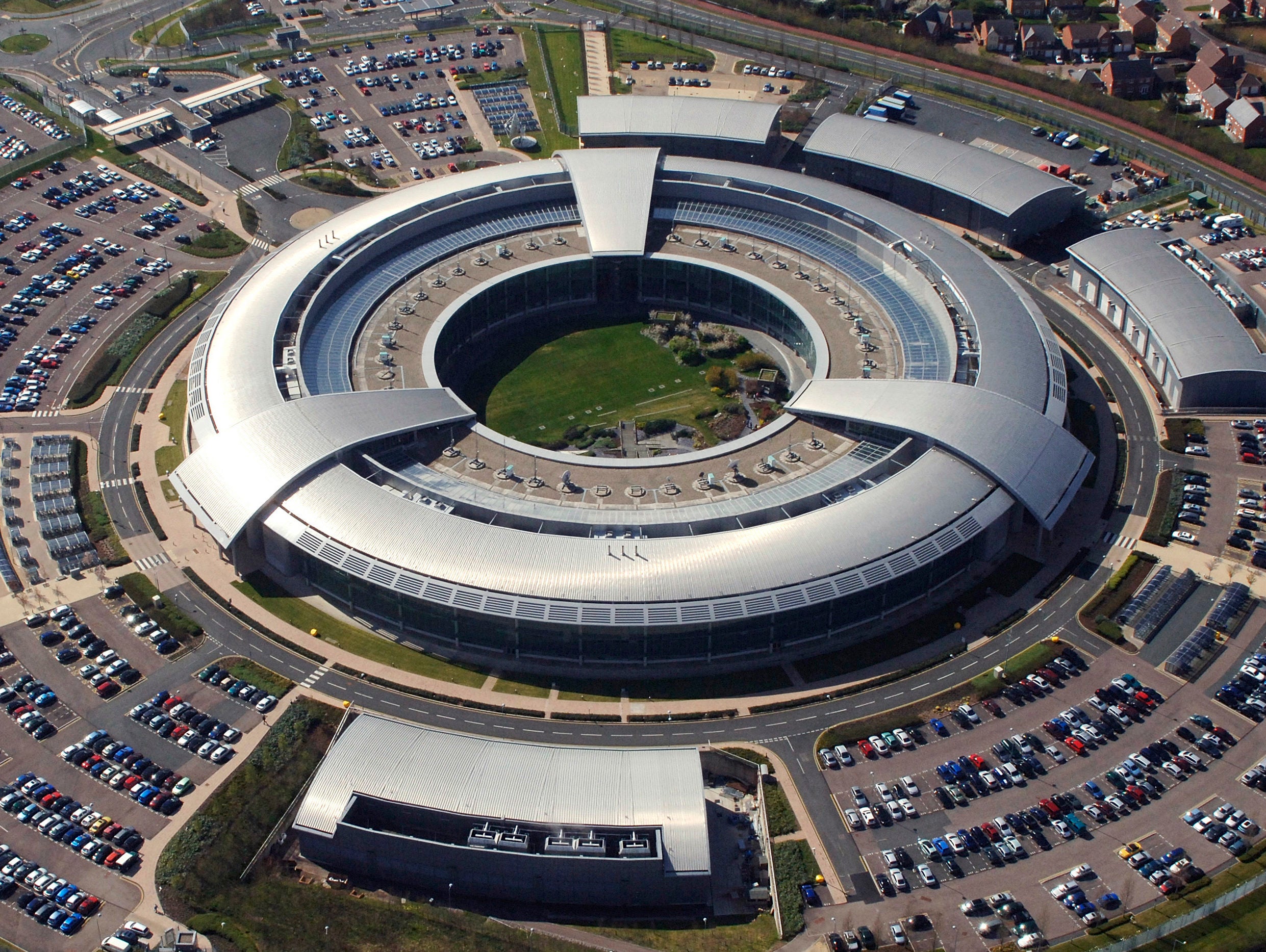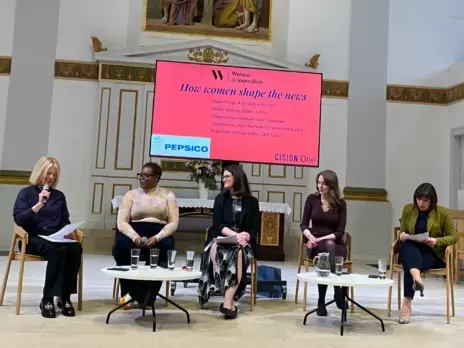
The top chamber of the European Court of Human Rights has ruled the UK’s pre-2016 mass surveillance programme was unlawful and contained insufficient protections for confidential journalistic material.
The Bureau of Investigative Journalism and privacy campaign group Big Brother Watch were among the organisations that brought legal challenges against intelligence agency GCHQ’s bulk intercept regime after it was exposed by NSA whistleblower Edward Snowden in 2013.
The powers for bulk interception and obtaining data from communication service providers had statutory footing under the Regulation of Investigatory Powers Act 2000, which was the subject of Press Gazette’s award-winning Save Our Sources campaign. The legislation has since been replaced by the Investigatory Powers Act 2016 (also known as the Snoopers’ Charter).
The ECHR ruled in 2018 that the UK’s surveillance programme had violated both the Article 8 right to privacy and Article 10 right to freedom of expression under the European Convention on Human Rights.
The campaign groups involved then escalated the case to the ECHR’s grand chamber, having felt the judgment did not go far enough in declaring the mass surveillance practices to be unlawful.
The grand chamber judges agreed there had been breaches of Article 8 and Article 10 but said operating a bulk interception regime was not in itself a breach of the convention “owing to the multitude of threats states face in modern society”.
But they said such regimes must be subject to “end-to-end safeguards” including assessments at each stage of the process to ensure the necessity and proportionality of the measures, and independent authorisation and supervision.
The ECHR judges found three fundamental deficiencies in the UK’s regime. It said bulk interception had not been authorised by the Secretary of State or an independent body, that categories of search terms defining the kinds of communications that could be examined had not been included in the application for a warrant, and search terms linked to an individual such as their email address were not subject to prior internal authorisation.
A statement from the ECHR on the judgment said: “The court reiterated that the protection of a journalist’s sources was one of the cornerstones of the freedom of the press. Undermining this protection would have a detrimental impact on the vital public watchdog role of the press and its ability to provide accurate and reliable information.
“The court was therefore concerned that UK law governing the bulk interception of communications had contained no requirement that the use of selectors or search terms known to be connected to a journalist be authorised by a judge or other independent and impartial decision-making body.
“Moreover, when it had become apparent that a communication which had not been selected for examination through the deliberate use of a selector or search term known to be connected to a journalist had nevertheless contained confidential journalistic material, there had been no safeguards to ensure that it could only continue to be stored and examined by an analyst if authorised by a judge or another independent decision-making body.”
Rachel Oldroyd, editor of the Bureau of Investigative Journalism, said she was “very happy” with the ruling, which she described as a “clear win for journalism”.
“In a week when the horrific actions against a journalist in Belarus have reminded us all of the importance of protecting press freedoms, we are delighted that the European Court of Human Rights has strengthened these freedoms across Europe,” she said.
“The court has not only recognised the right of a journalist to protect the identity of their sources, but also the vital importance of a journalist’s need to keep all their work confidential and free from government spying.”
Daniel Gorman, director of freedom of expression campaign group English PEN, said: “This major judgment reaffirms that the British government’s bulk surveillance practices have violated our right to privacy and our right to freedom of expression.
“Excessive surveillance discourages whistleblowing and curtails investigative journalism. The government must now take action to ensure our rights are protected. Given the growth in online speech, the potential for abuse inherent in mass surveillance regimes is greater than ever.”
The National Union of Journalists and Media Lawyers’ Association had both made representations to the ECHR warning of a “significant chilling effect” brought by the mere potential of journalistic sources being identified.
Human rights group Liberty had brought a case against the UK government over its Snoopers’ Charter which was put on hold until this case concluded. That case will now continue.
Liberty lawyer Megan Goulding said: “We all want to have control over our personal information, and to have a Government that respects our right to privacy and our freedom of expression. That’s what makes today’s victory, and the court’s recognition of the dangers posed by these mass surveillance powers, so important.”
The court concluded that the regime for sharing sensitive intelligence with foreign governments was not illegal.
A Government spokesperson said: “The UK has one of the most robust and transparent oversight regimes for the protection of personal data and privacy anywhere in the world.
“This unprecedented transparency sets a new international benchmark for how the law can protect both privacy and security whilst continuing to respond dynamically to an evolving threat picture.
“The 2016 Investigatory Powers Act has already replaced large parts of the 2000 Regulation of Investigatory Powers Act (RIPA) that was the subject of this challenge. We note today’s judgment.”
Picture: Ministry of Defence
Email pged@pressgazette.co.uk to point out mistakes, provide story tips or send in a letter for publication on our "Letters Page" blog






